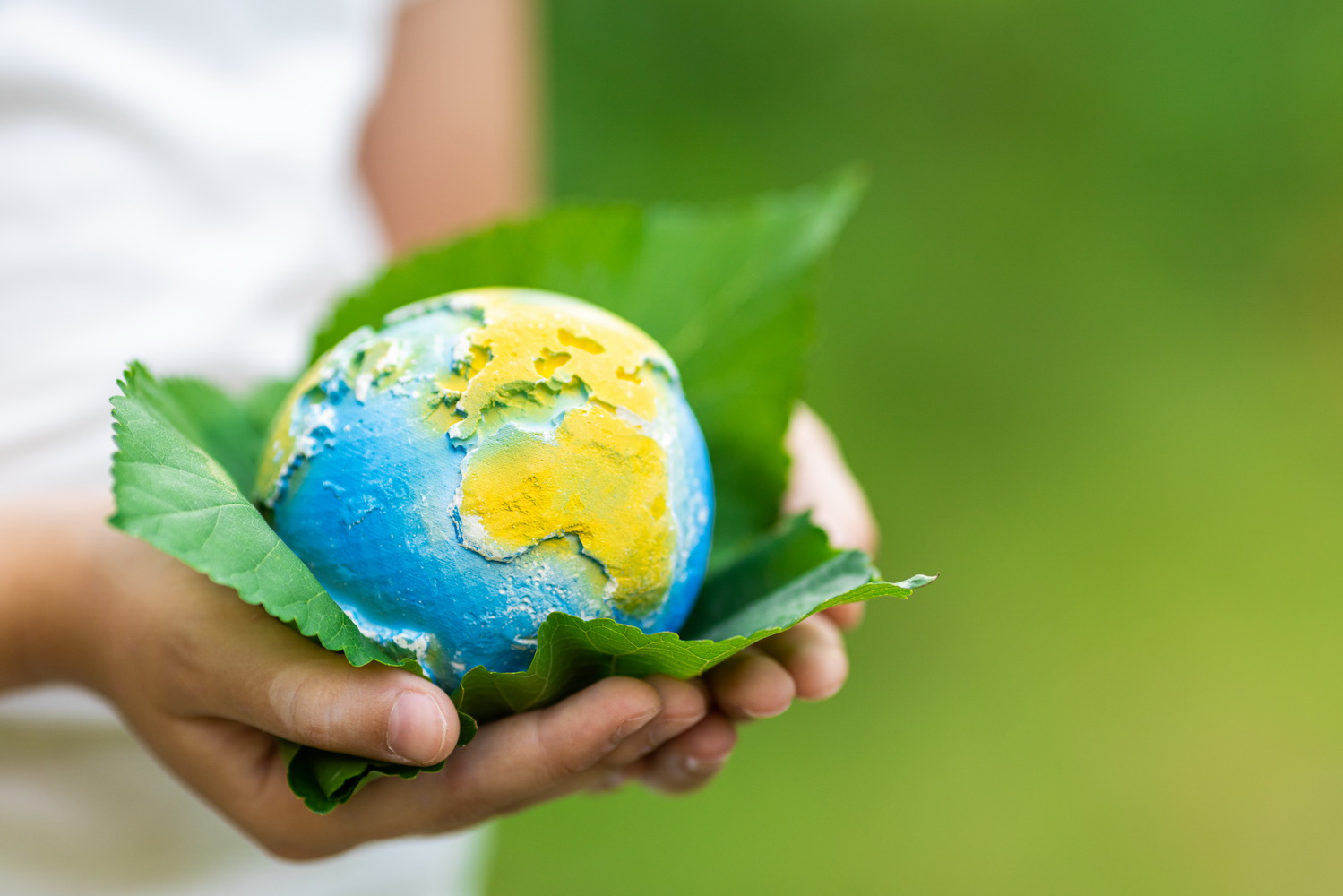Life Science Worksheets for Ages 7-9
35 filtered results
-
From - To
Explore our engaging Life Science Worksheets designed for ages 7-9, crafted to make learning fun and educational! These worksheets cover essential topics such as habitats, human body systems, and ecosystems. Our high-quality, printable materials will captivate young minds through interactive activities and colorful illustrations. Perfect for classroom use or homeschool settings, the worksheets come with answer keys to facilitate easy assessment. Foster your child's curiosity about the natural world and build a solid foundation for future scientific learning. Visit our page and download your Life Science Worksheets today!
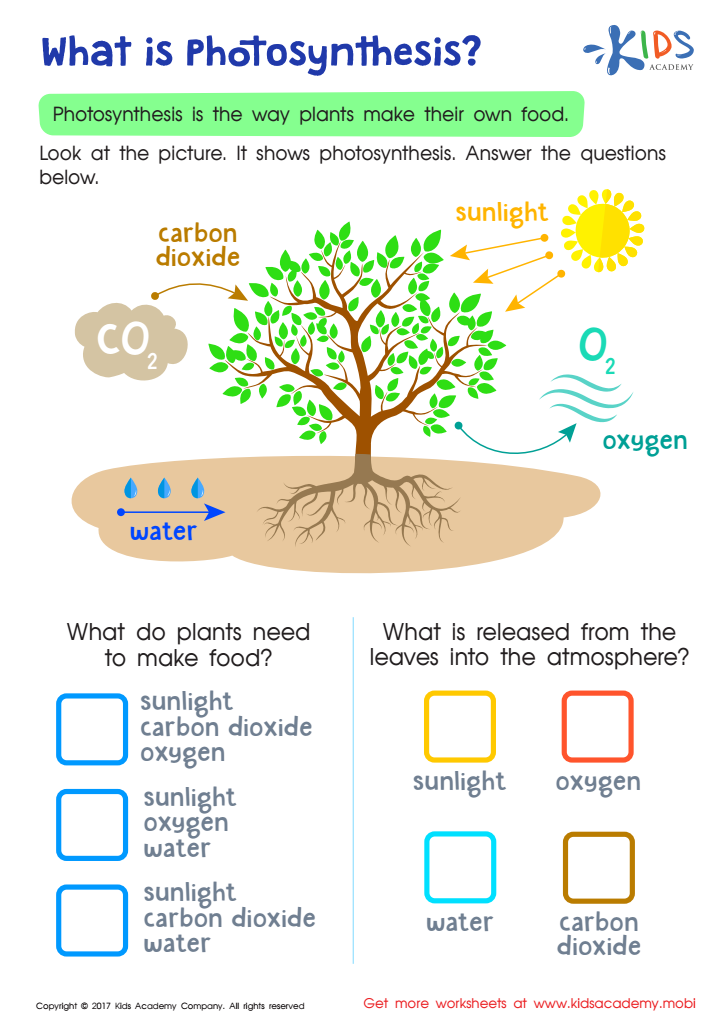

What is Photosynthesis Printable
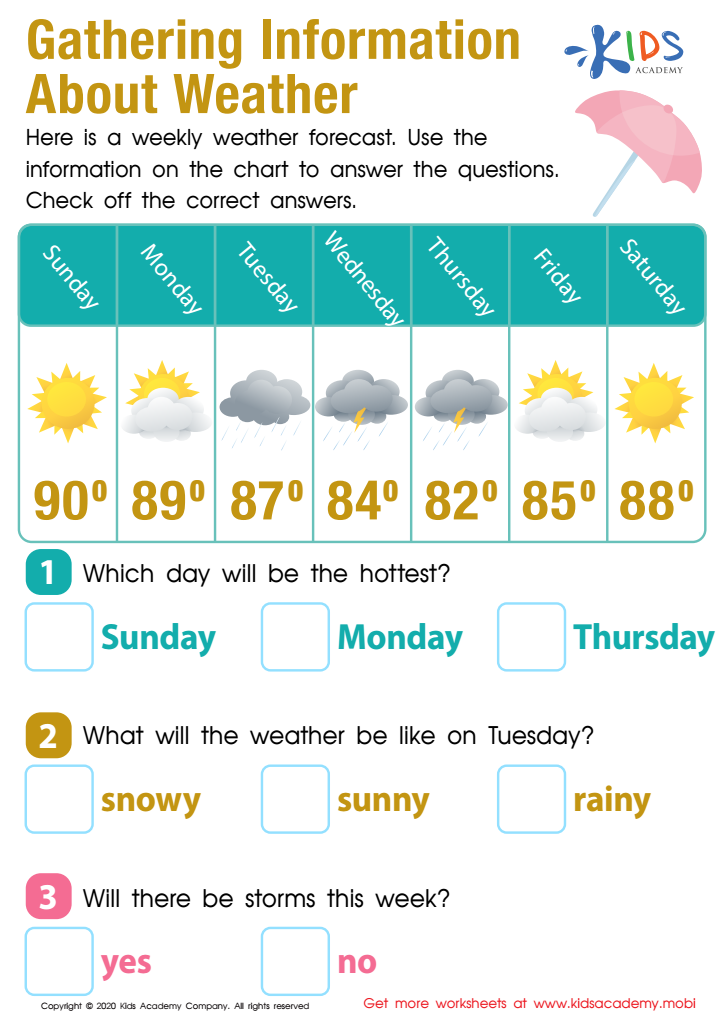

Gathering Information About the Weather Worksheet
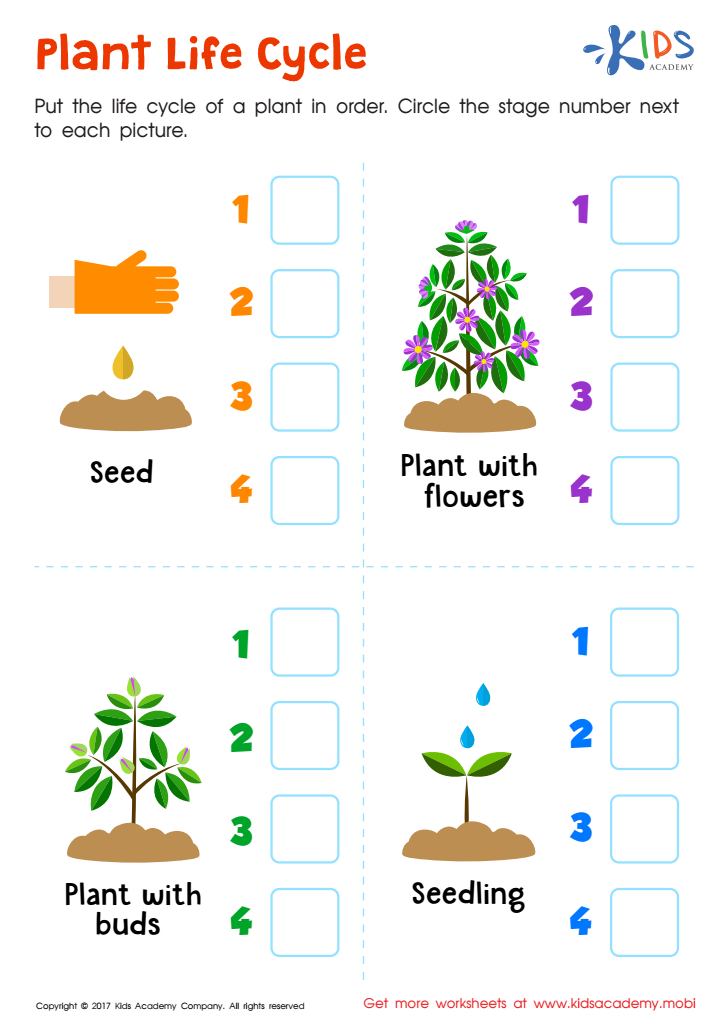

Plant Life Cycle Printable
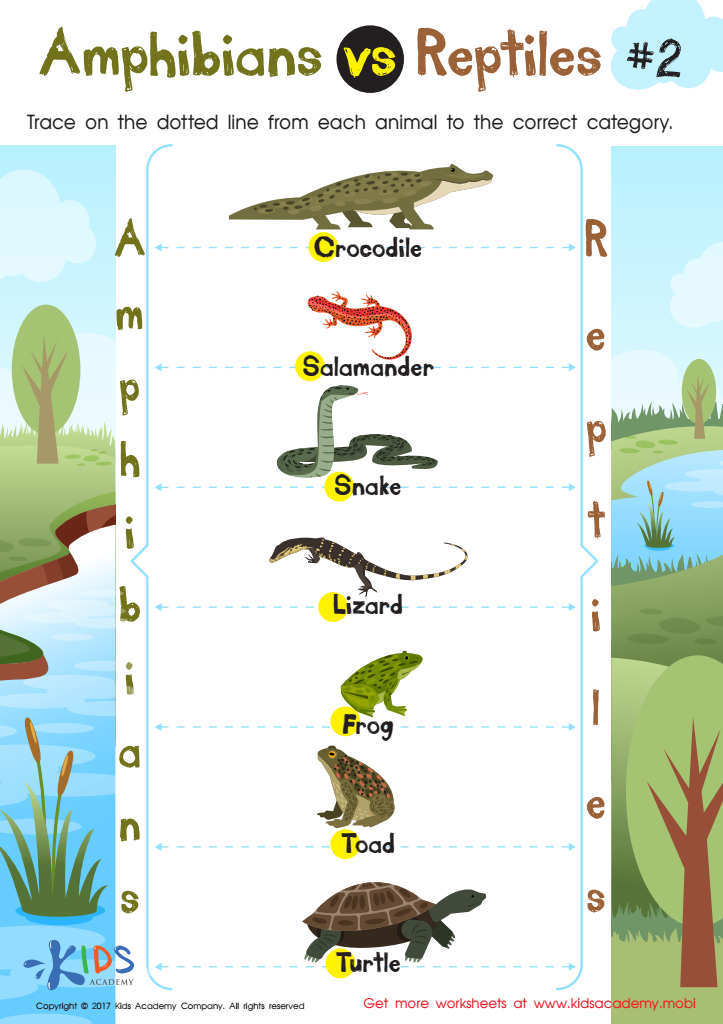

Amphibians vs Reptiles Worksheet for 3rd Grade
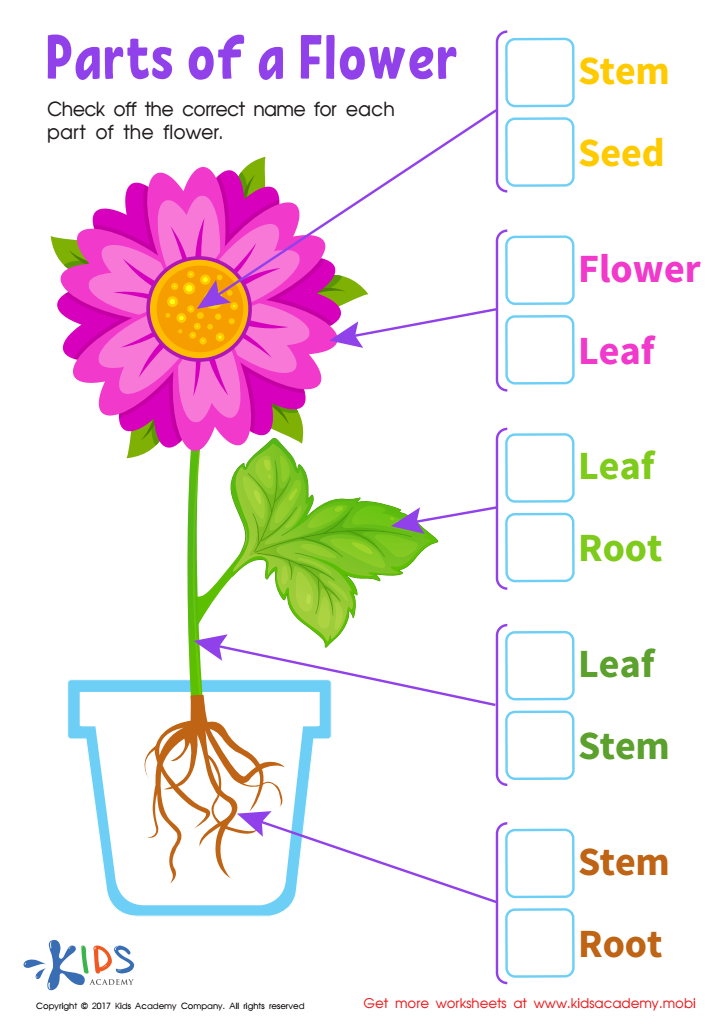

Parts Flower Printable
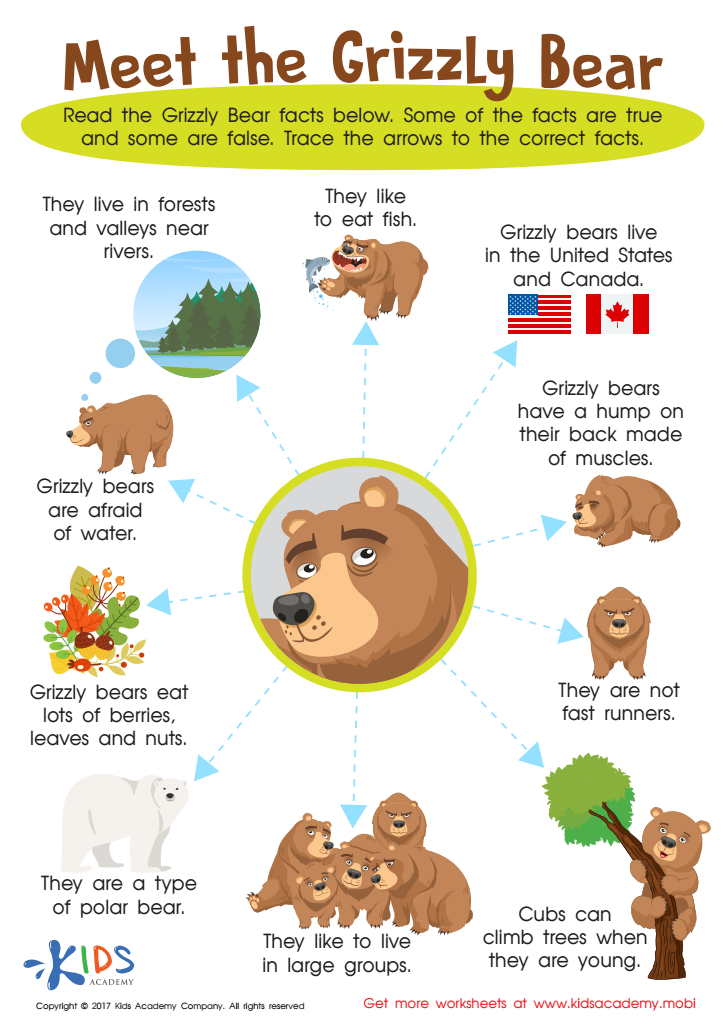

Grizzly Bear Facts Worksheet
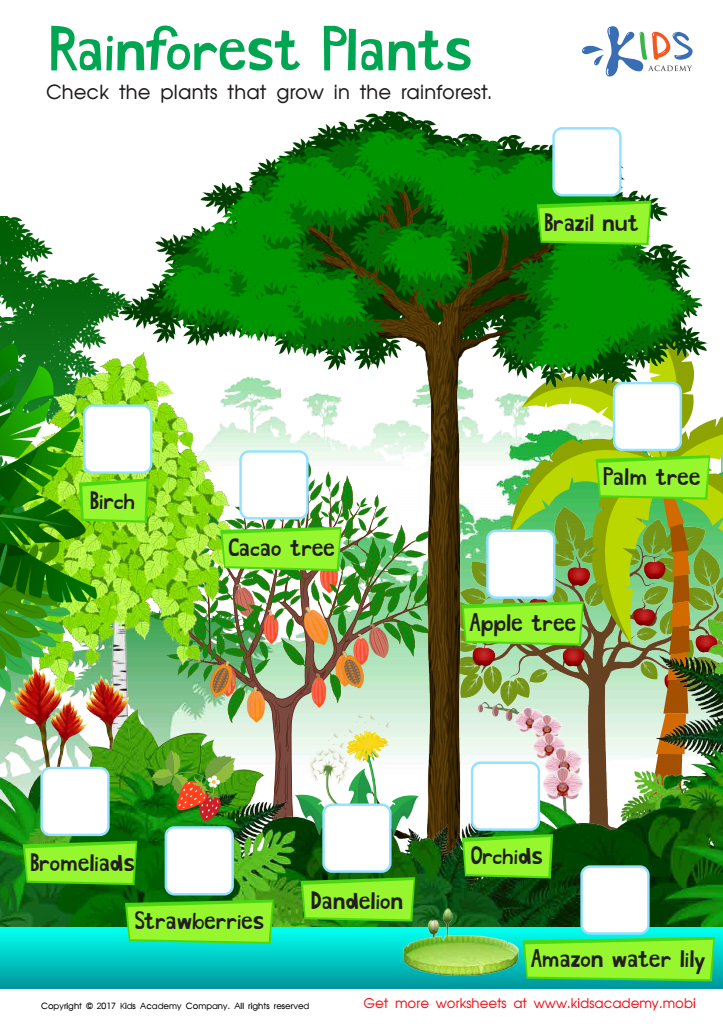

Rainforest Plants Worksheet
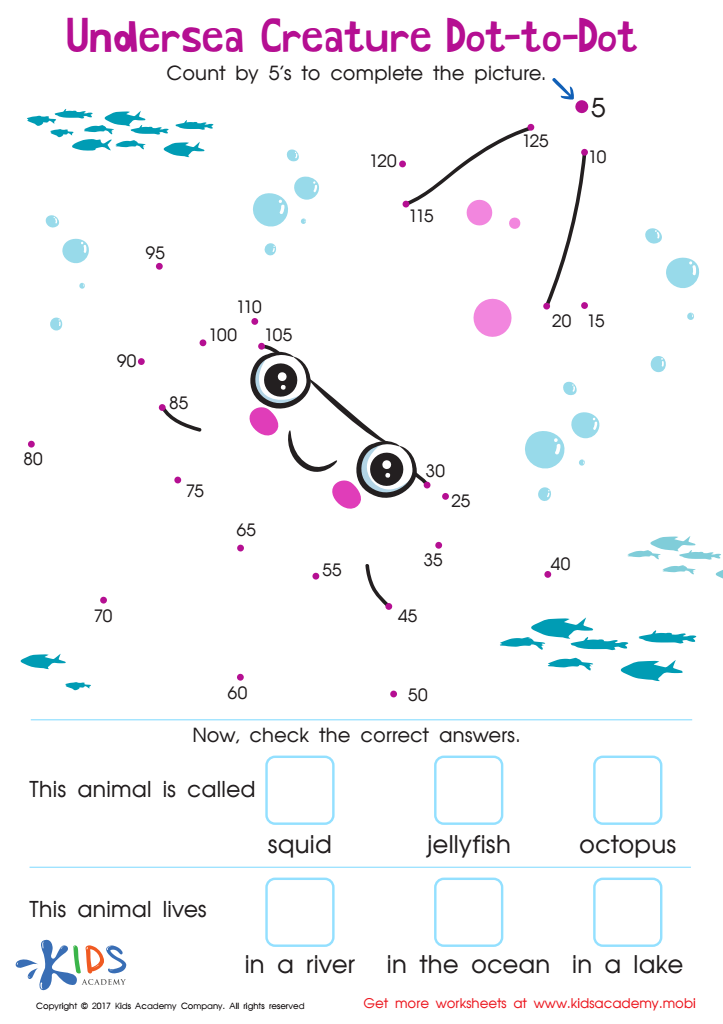

Undersea: Dot To Dot Worksheet
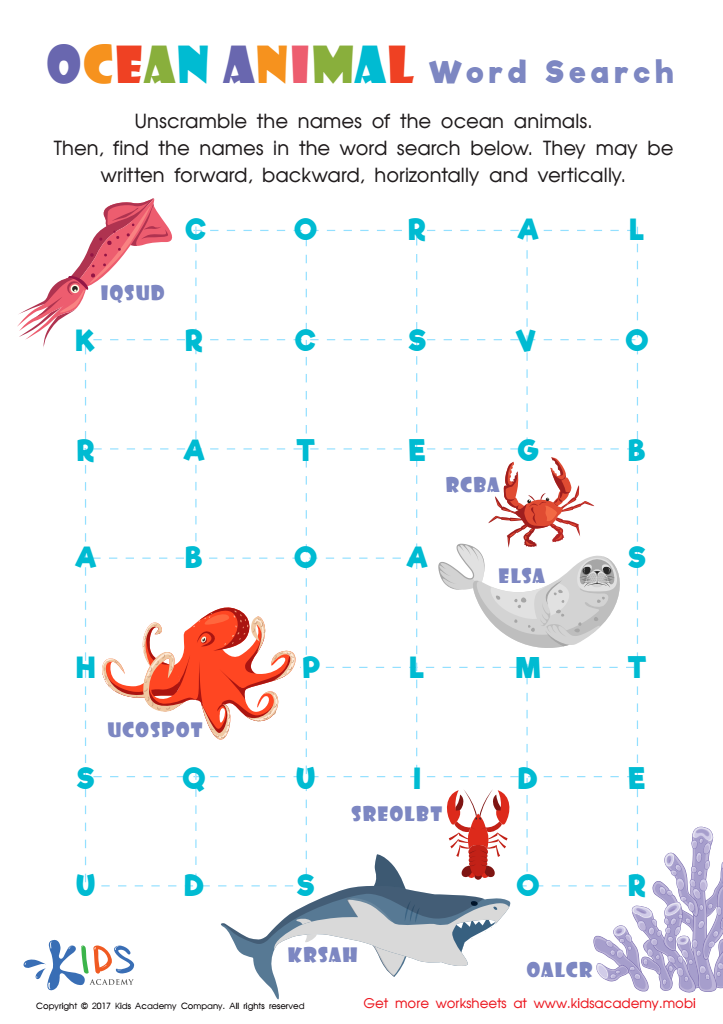

Ocean Animals Word Search Printable


Herbivores Printable
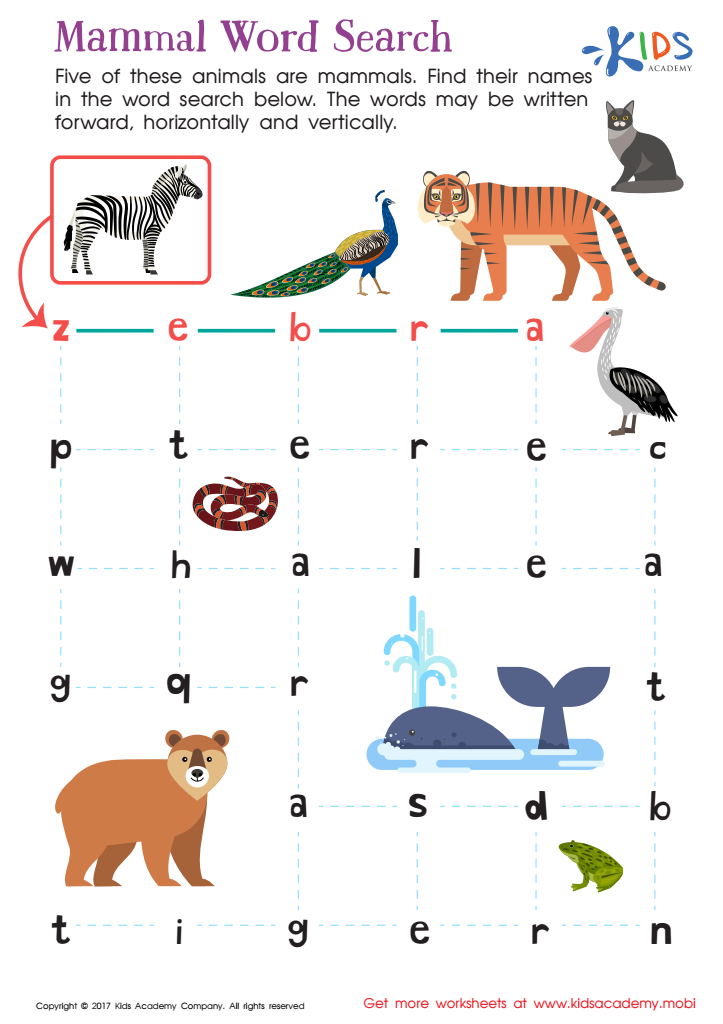

Printable Mammal Word Search
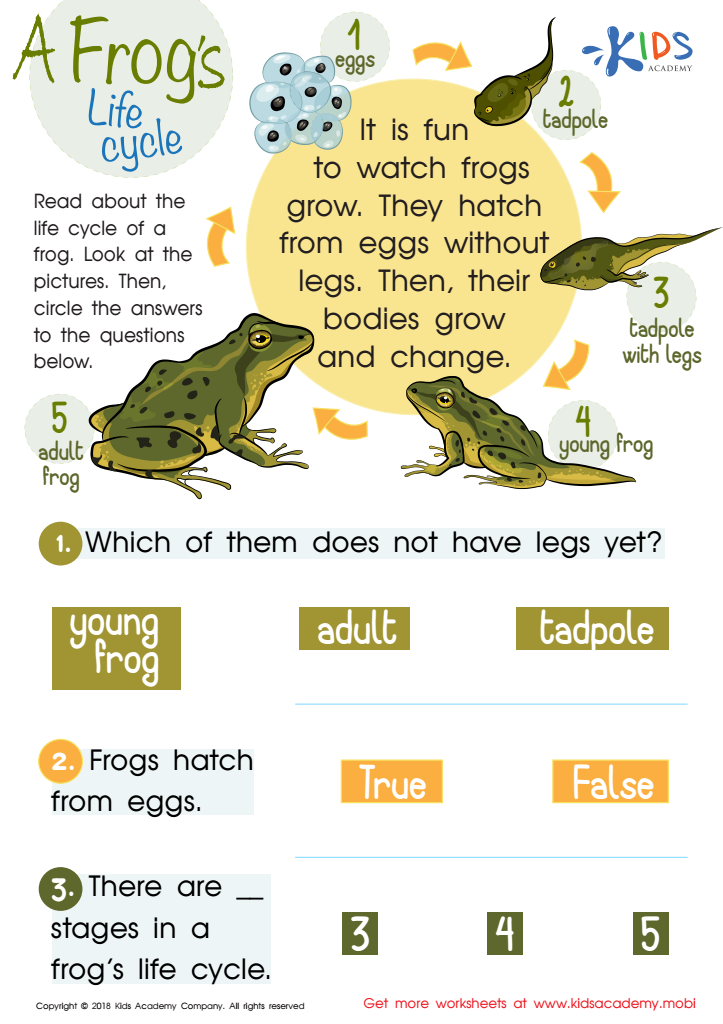

A Frog’s Life Cycle Worksheet
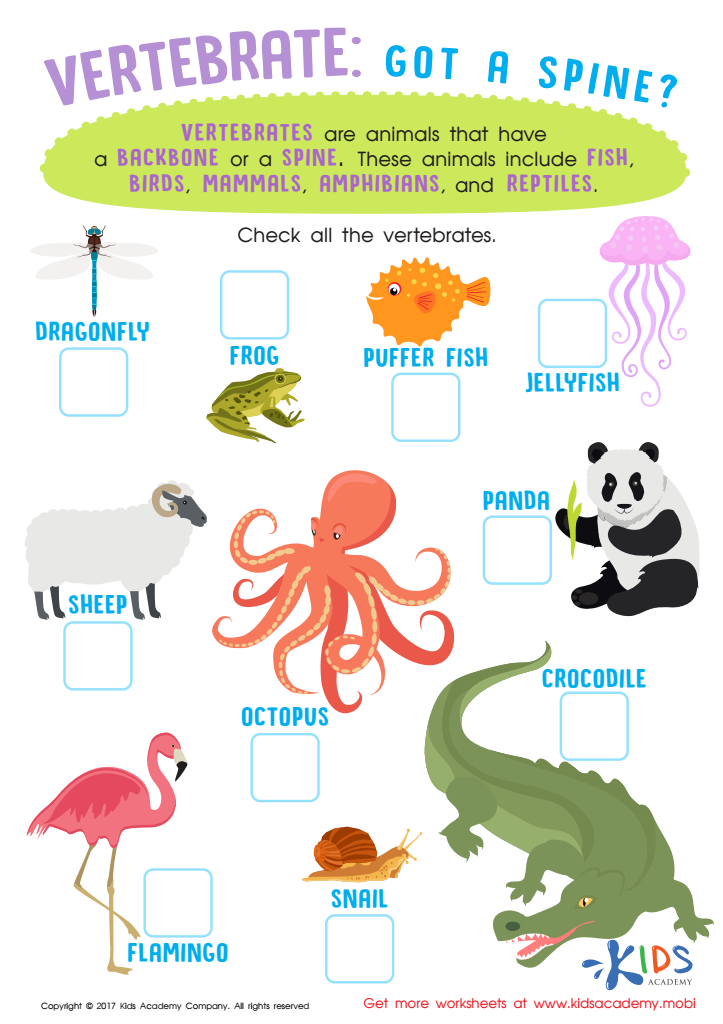

Vertebrates Animals Worksheet for 3rd Grade
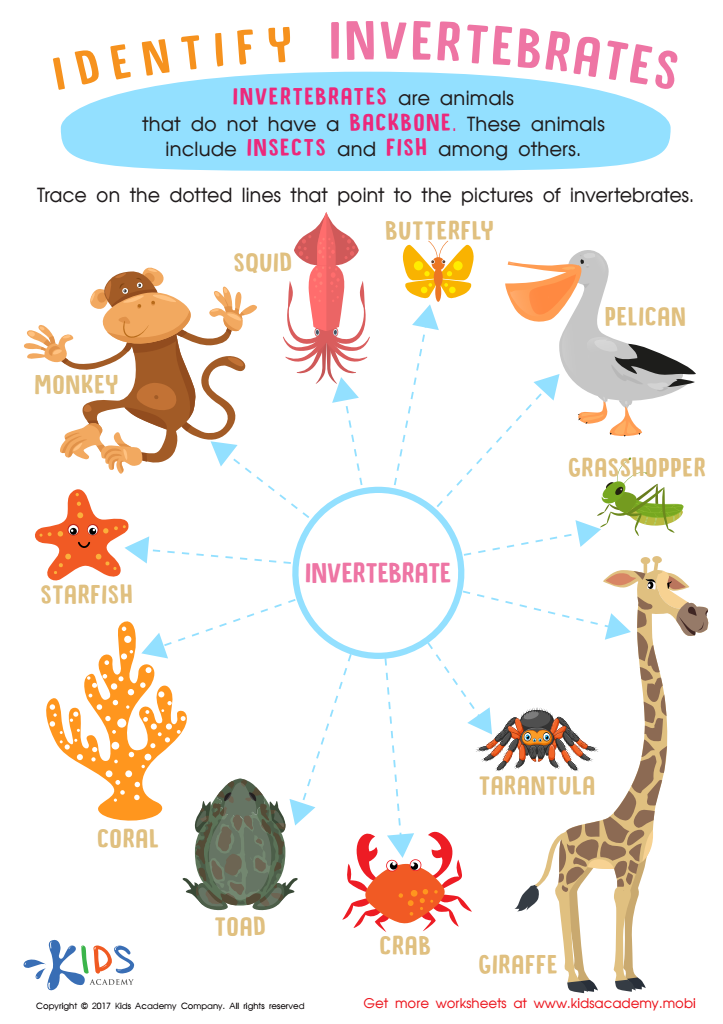

Invertebrates Worksheet for Grade 3
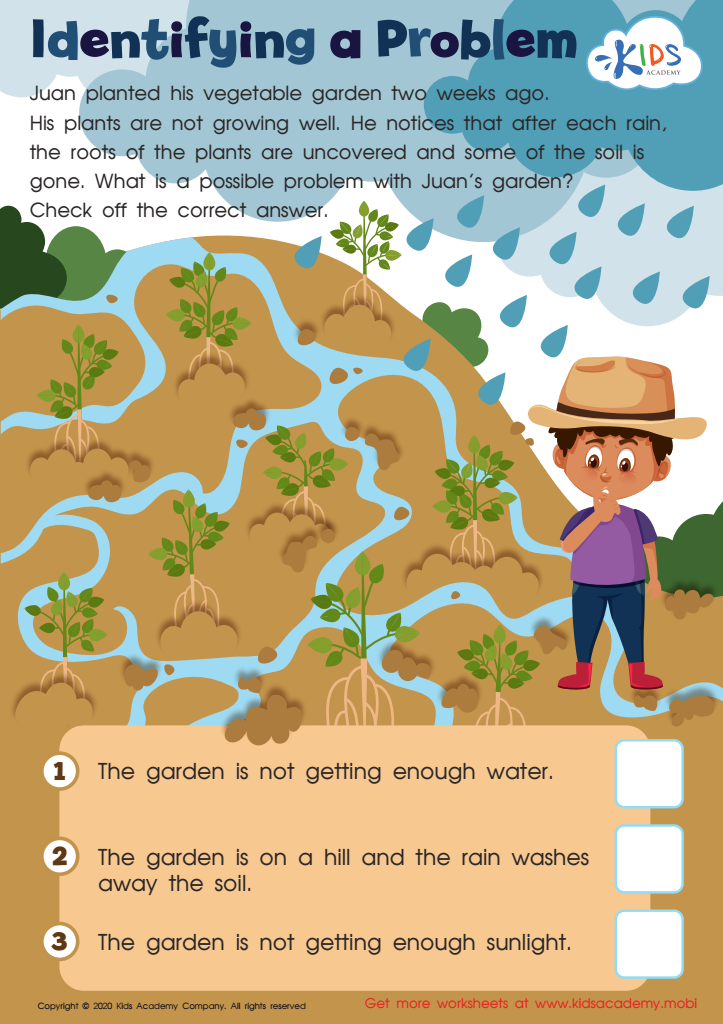

Identifying a Problem Worksheet
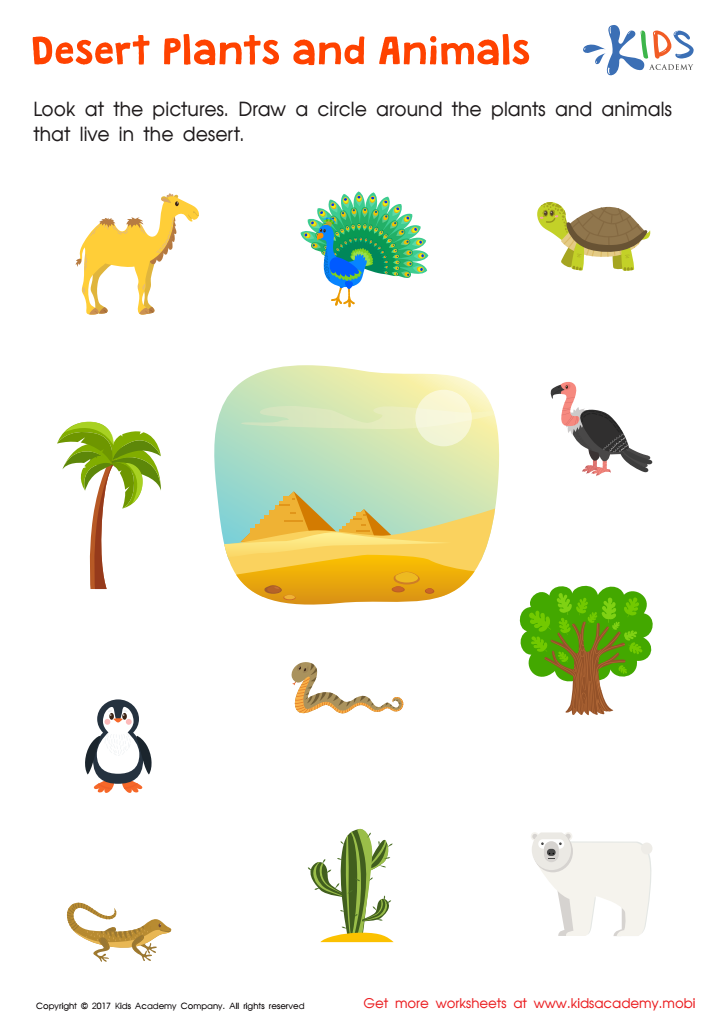

Desert Plants Animals Printable
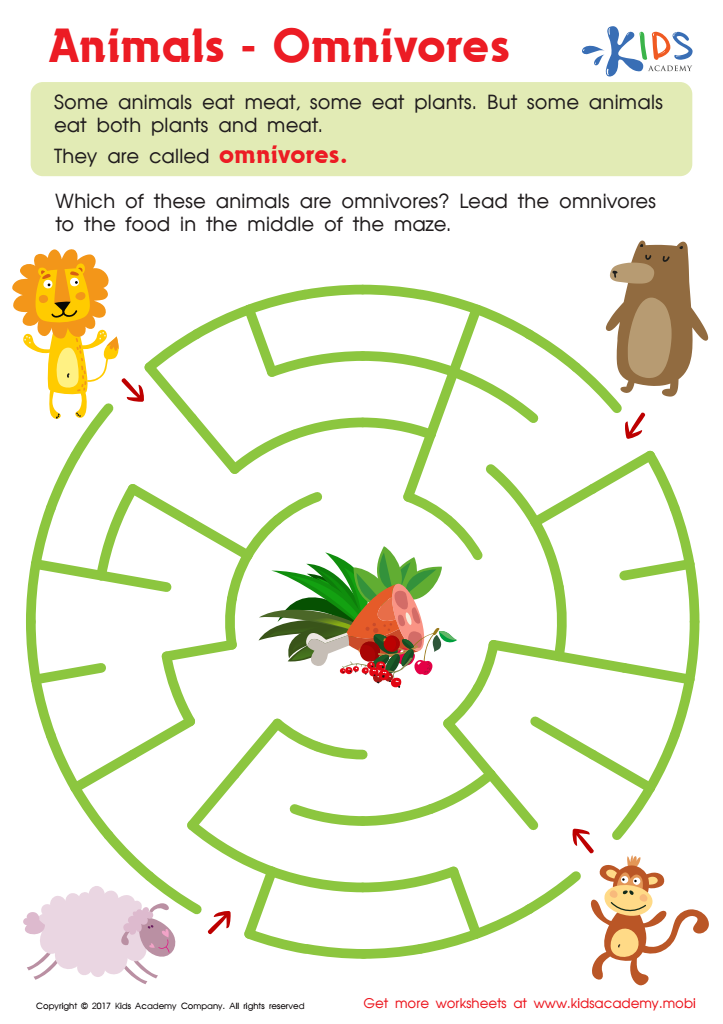

Omnivores Animals Worksheet


Carnivores Worksheet
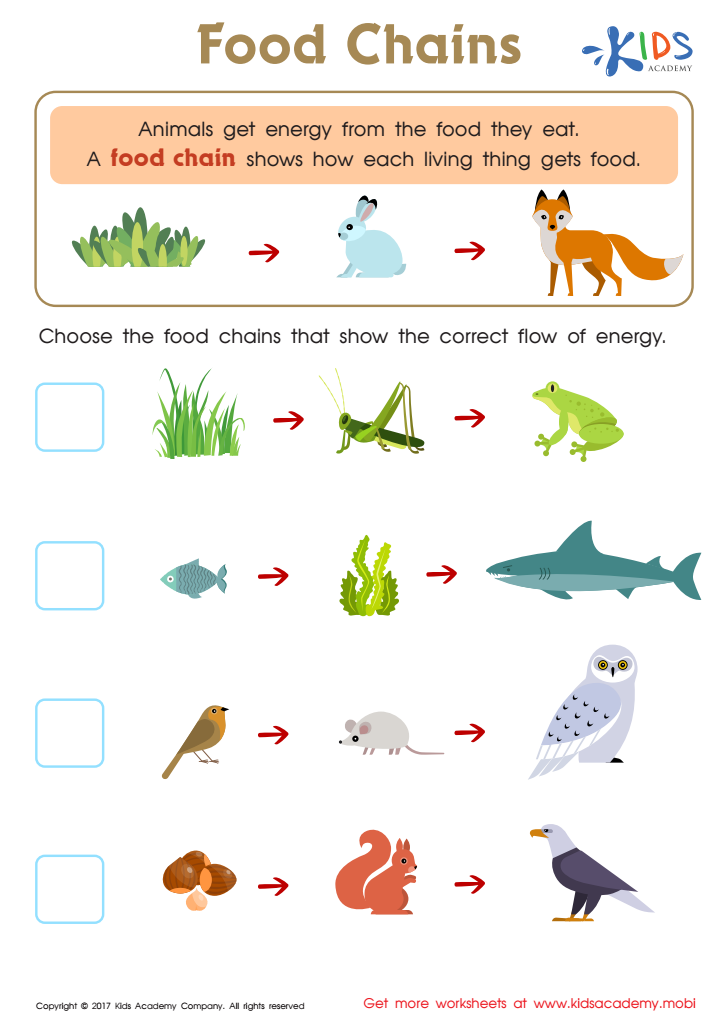

Food Webs and Food Chains Worksheet
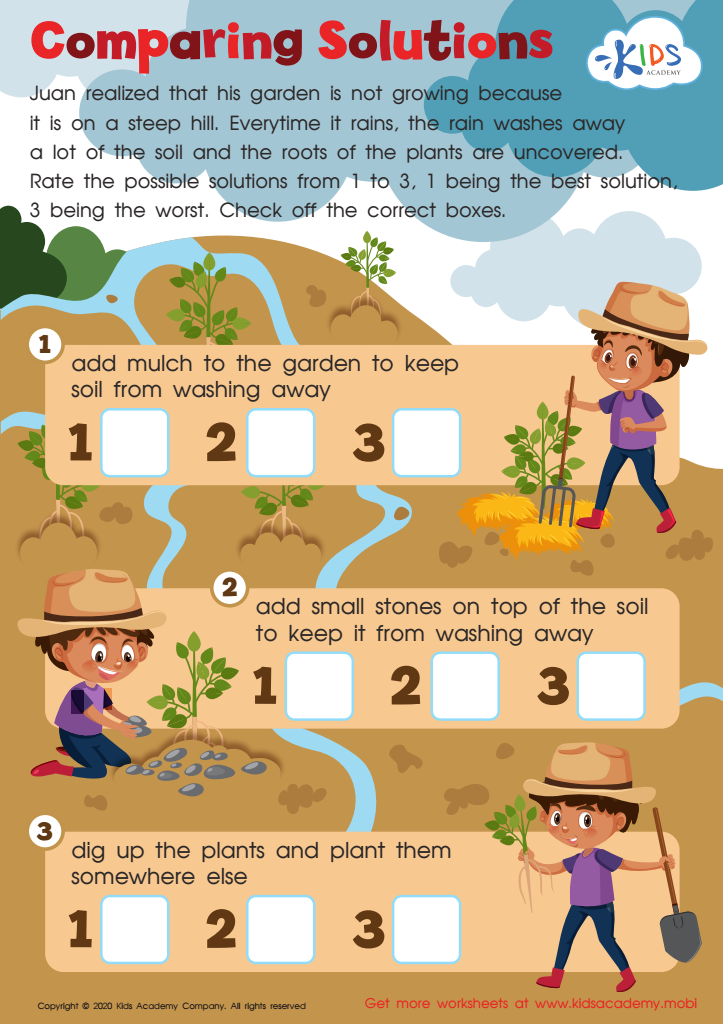

Comparing Solutions Worksheet
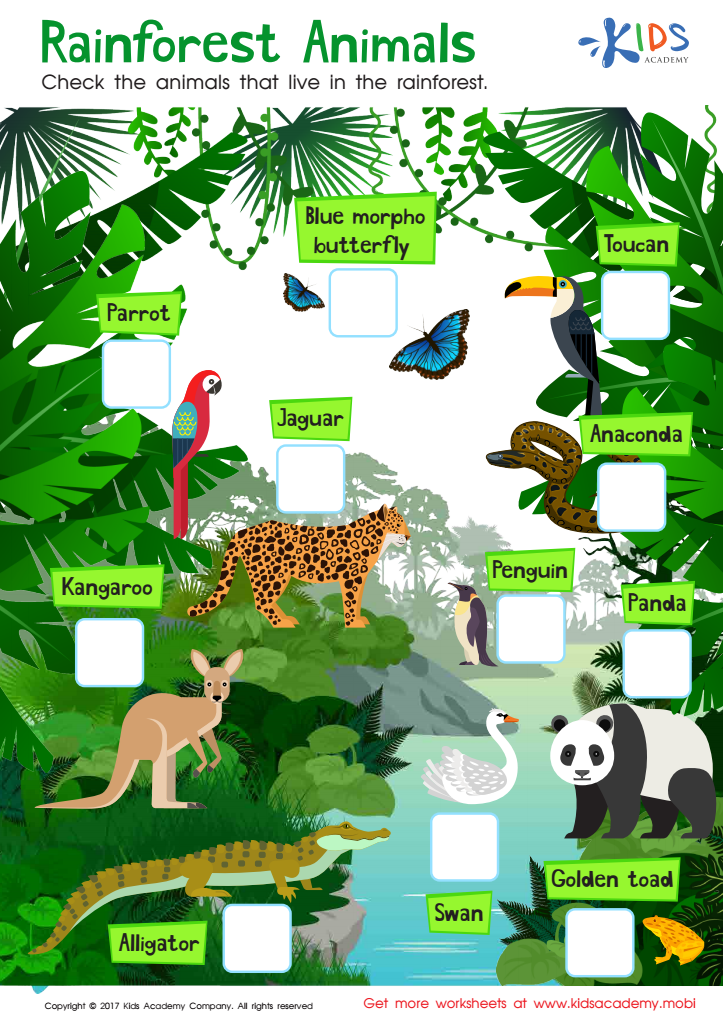

Rainforest Animals Worksheet
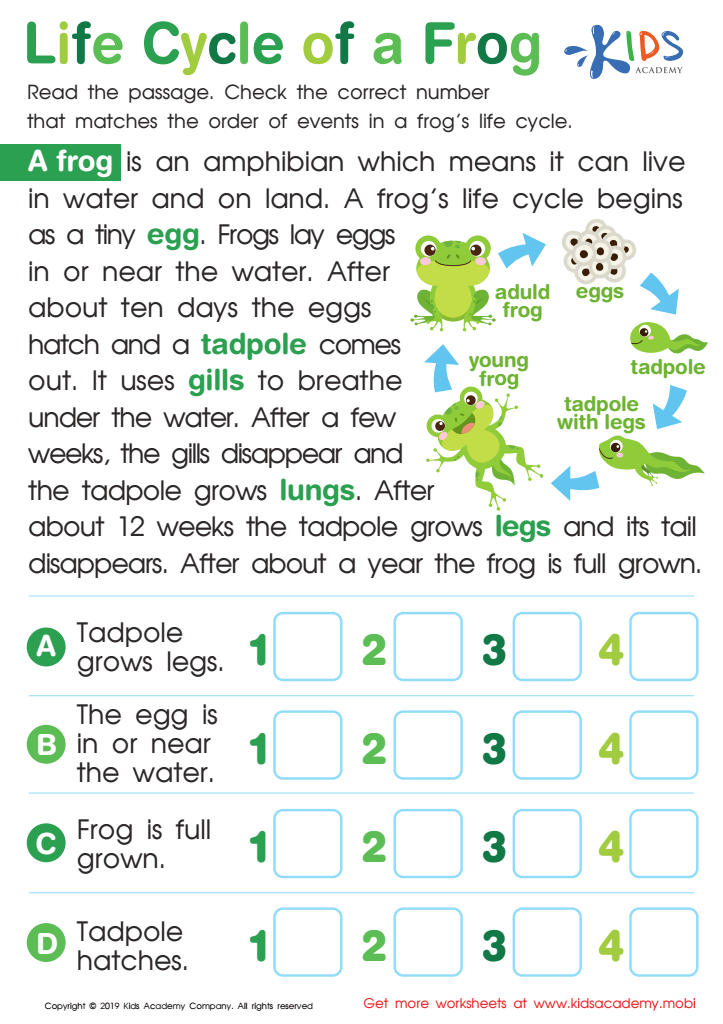

Life Cycle of a Frog Worksheet
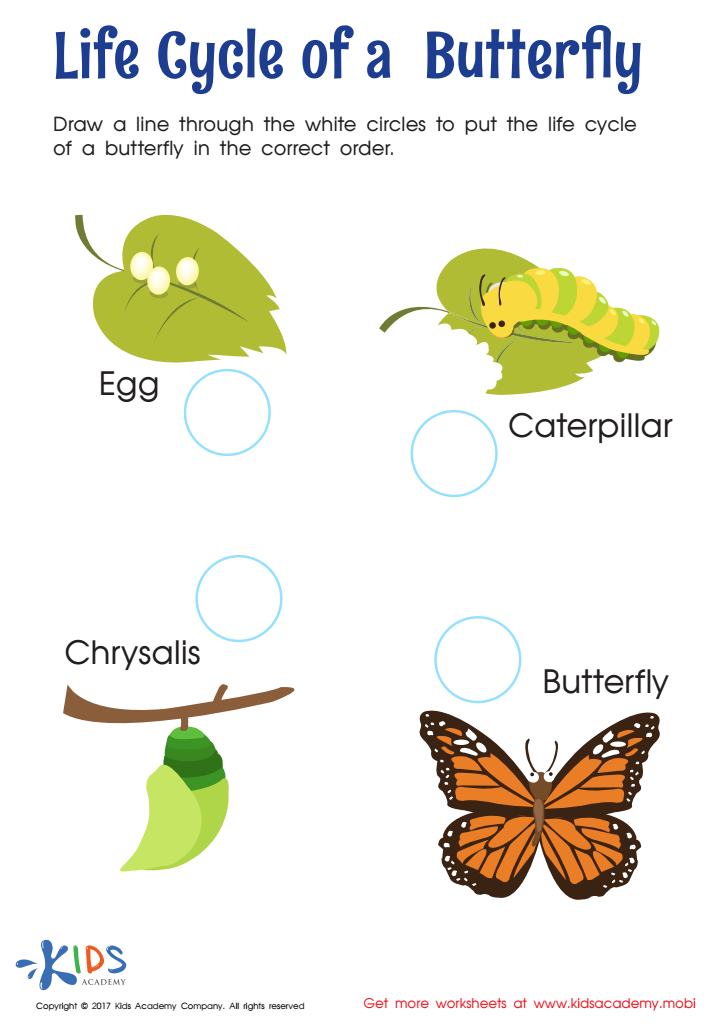

Life Cycle of Butterfly Worksheet
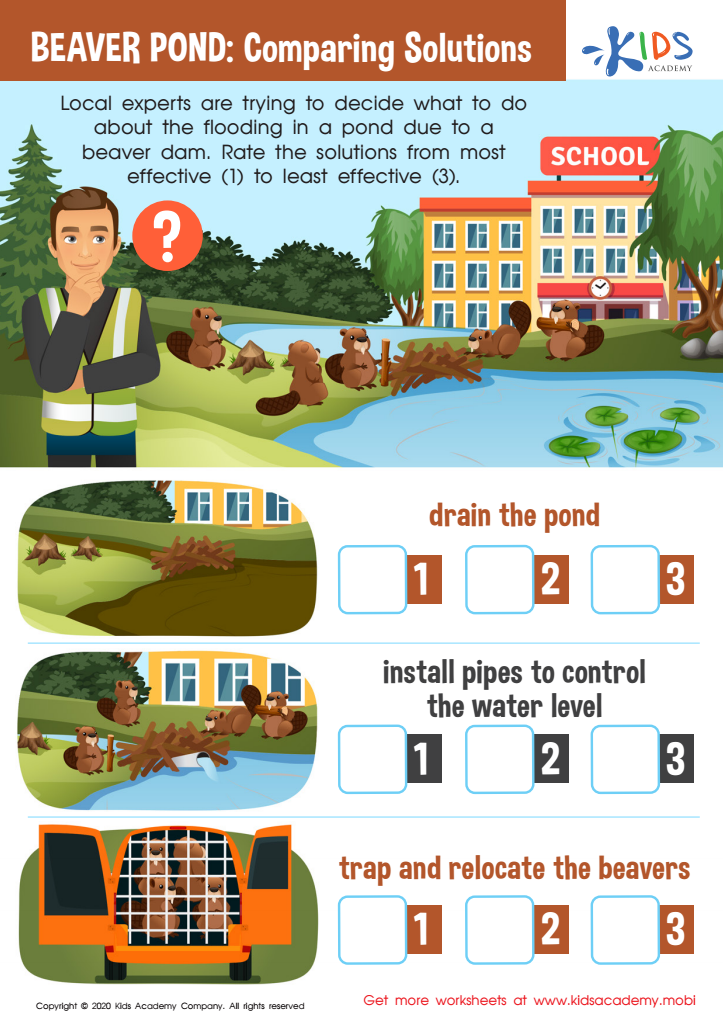

Beaver Pond: Comparing Solutions Worksheet
Life Science is a critical subject for children aged 7-9, sparking curiosity and fostering a lifelong love of learning about the world around them. At this stage, kids are naturally inquisitive and eager to understand their environment, making it the perfect time to introduce basic life science concepts. By learning about plants, animals, ecosystems, and human biology, children develop an appreciation for nature and the interconnectedness of all living things.
Furthermore, Life Science education helps build foundational skills in observation, critical thinking, and problem-solving. These skills are not only essential for academic success but also for everyday decision-making and responsible citizenship. When children explore how plants grow, what animals eat, or why seasons change, they engage in scientific thinking, which enhances their cognitive development.
Additionally, early exposure to Life Science nurtures empathy and respect for living organisms. Understanding that all life forms have unique roles in the ecosystem aids in nurturing environmentally-responsible individuals. This awareness is especially important in an era where environmental issues are at the forefront of global concerns.
Lastly, learning about life sciences can ignite passions that could lead to careers in medicine, environmental science, biotechnology, and numerous other fields critical to our future. Therefore, both parents and teachers should prioritize life sciences for young learners to support their intellectual growth, sustainability awareness, and future career interests.
 Assign to My Students
Assign to My Students




